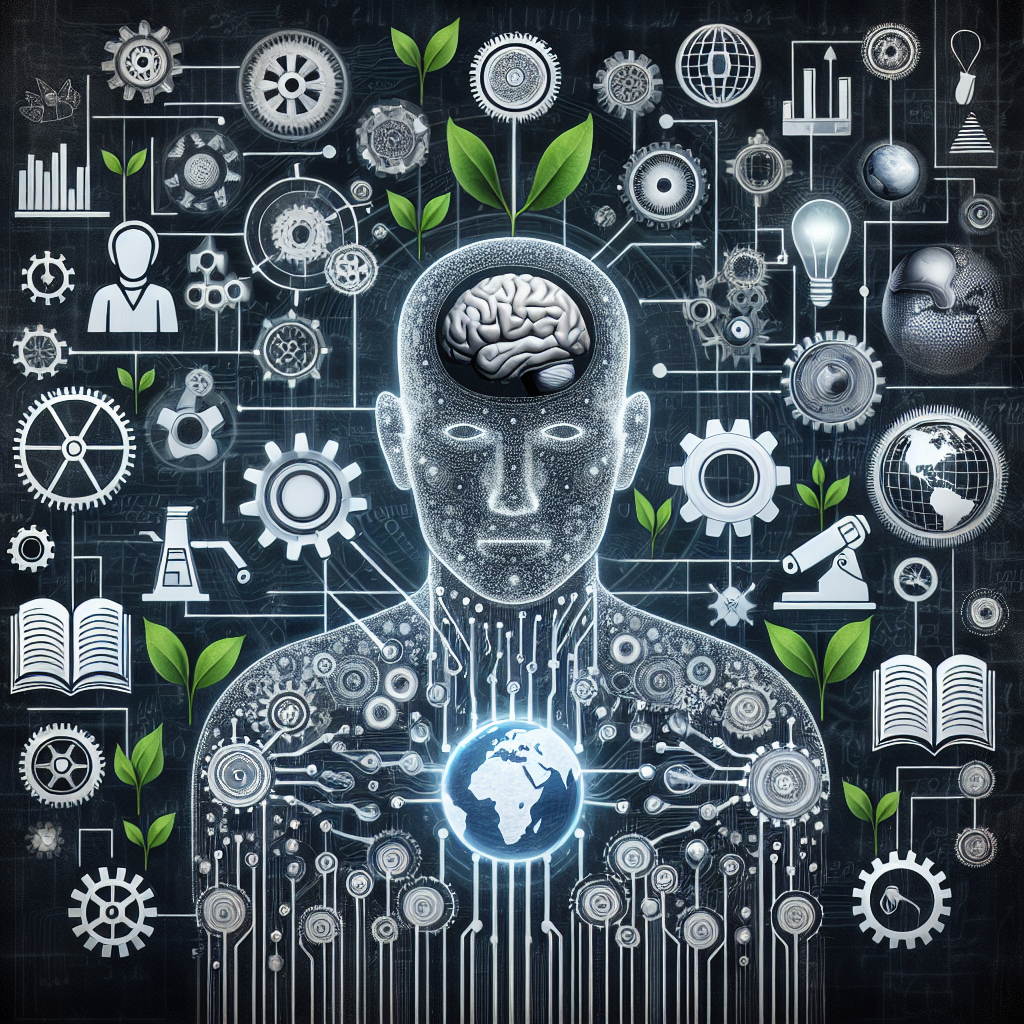Artificial General Intelligence (AGI) is a concept that has been the subject of much speculation and debate in recent years. AGI refers to a type of artificial intelligence that possesses the ability to understand, learn, and apply knowledge across a wide range of tasks and domains, much like a human being. While current AI systems are limited to specific tasks and domains, AGI has the potential to surpass human intelligence in all areas.
The development of AGI has the potential to revolutionize society in ways that are difficult to predict. While the possibilities are endless, there are also many potential risks and challenges that need to be addressed. In this article, we will explore the implications of AGI on society and discuss some of the key questions and concerns that arise from this technology.
Implications of AGI on Society:
1. Automation of Jobs:
One of the most immediate and significant implications of AGI on society is the automation of jobs. As AGI becomes more advanced, it has the potential to replace human workers in a wide range of industries and professions. This could lead to widespread unemployment and economic disruption, as many people may find themselves out of work due to the capabilities of AGI.
2. Ethical Dilemmas:
The development of AGI raises a number of ethical dilemmas and questions. For example, how should AGI be programmed to make decisions in morally complex situations? How should AGI be held accountable for its actions? These are important questions that need to be addressed as AGI becomes more prevalent in society.
3. Privacy and Security Concerns:
AGI has the potential to collect and analyze vast amounts of data about individuals, which raises significant privacy and security concerns. How can we ensure that personal data is protected and that AGI systems are not used for malicious purposes? These are important questions that need to be addressed as AGI becomes more integrated into society.
4. Economic Inequality:
The automation of jobs by AGI has the potential to exacerbate existing economic inequalities. Those who are able to adapt to the changes brought about by AGI may benefit, while others may be left behind. This could lead to increased social unrest and inequality if not addressed properly.
5. Impact on Healthcare and Education:
AGI has the potential to revolutionize healthcare and education by providing personalized and efficient services. For example, AGI could help doctors diagnose and treat diseases more accurately, or help teachers tailor their lessons to individual students. However, there are also concerns about the potential for AGI to replace human workers in these critical fields.
Frequently Asked Questions:
1. How soon can we expect AGI to become a reality?
The timeline for the development of AGI is uncertain, but many experts believe that we could see significant advancements in the next few decades. However, predicting the exact timeline for the development of AGI is difficult, as it depends on a wide range of factors, including technological advancements and funding.
2. What steps can be taken to address the potential risks and challenges of AGI?
There are a number of steps that can be taken to address the potential risks and challenges of AGI. These include developing ethical guidelines for the use of AGI, investing in research and development to ensure that AGI is developed safely and responsibly, and engaging in public dialogue about the implications of AGI on society.
3. How can we ensure that AGI is developed in a way that benefits society?
Ensuring that AGI is developed in a way that benefits society will require collaboration between policymakers, researchers, and industry leaders. It will be important to prioritize ethical considerations and ensure that the development of AGI is transparent and accountable. Additionally, it will be important to invest in education and training programs to help individuals adapt to the changes brought about by AGI.
4. What are some potential benefits of AGI for society?
AGI has the potential to revolutionize society in many positive ways. For example, AGI could help us solve complex problems in areas such as healthcare, education, and climate change. AGI could also help us automate tedious tasks and free up time for more creative and fulfilling activities. Overall, AGI has the potential to improve the quality of life for many people around the world.
In conclusion, the development of AGI has the potential to bring about significant changes to society, both positive and negative. It is important for policymakers, researchers, and industry leaders to work together to address the potential risks and challenges of AGI, while also ensuring that it is developed in a way that benefits society as a whole. By taking proactive steps to address these issues, we can help ensure that AGI has a positive impact on society in the years to come.

